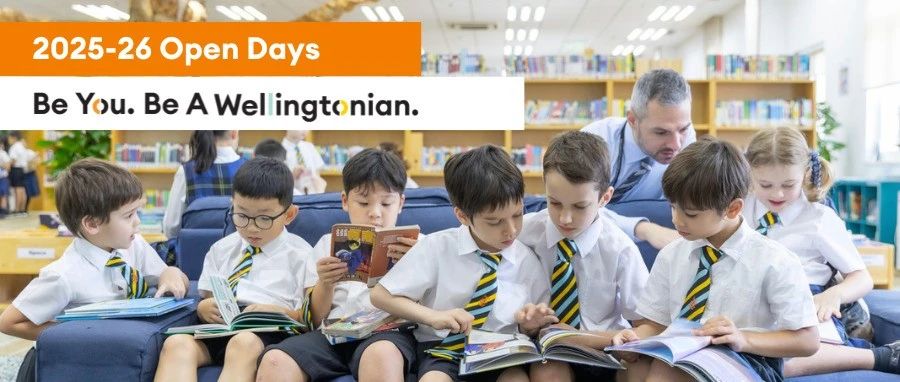Developing self-regulated learning at Wellington

Before starting a task, it is important for pupils to be aware of the knowledge that they already have. When undertaking a learning task, we start with this knowledge, then apply and adapt it. This is metacognitive regulation. The three main steps in this process are planning how to undertake a task, working on it while monitoring the strategy to check progress, then evaluating the overall success. The graphic below is a good way to think about the metacognitive regulation cycle.
However, most children will not spontaneously develop the tools and strategies they need for effective learning. Developing key metacognitive strategies requires explicit instruction from their teachers and, ideally, supported by parents. The idea is to combine the teacher’s direct input with specific questioning and feedback.
At home, you can help to facilitate what we do in the class by using questions for each step of the learning process. These sorts of questions are used every day by teachers to help prompt independent thinking and guide children through the metacognitive steps. They can easily be applied at home when studying or working through any task.
Planning:
‘What resources do I need to carry out this task?’
‘Have I done something similar before and was it successful?’
‘Where do I start?’
Monitoring:
‘Am I doing well?’
‘Do I need any different techniques or strategies to improve?’
’Am I finding this challenging?’
‘Is there anything I need to stop and change to improve?’
Evaluation:
‘How did I do?’
‘Did the strategy I chose work?’
‘How would I do it differently next time?’
During the new academic year, if children are working on assignments, they can apply this process and use these questions to help them regulate their learning. The act of planning for learning, monitoring progress, and evaluating is a powerful learning habit to develop, and one that can make all the difference in preparing pupils for a world where their ability to think for themselves is becoming increasingly vital.
For more information, follow the link to the Education Endowment Foundation.
https://educationendowmentfoundation.org.uk/evidence-summaries/teaching-learning-toolkit
Related Articles













